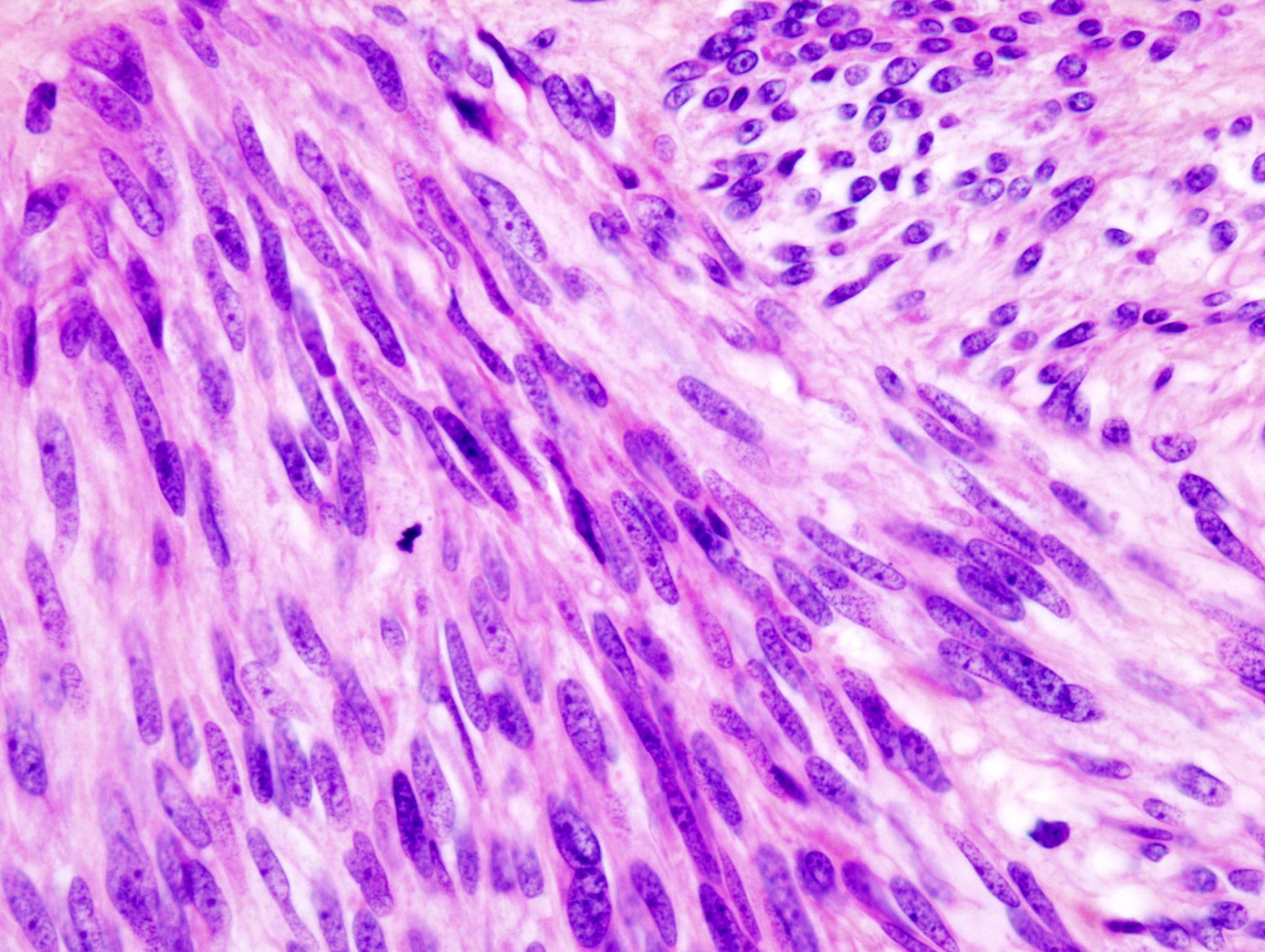
The Center for Drug Evaluation (CDE) of China’s National Medical Products Administration (NMPA) has approved Boan Biotech’s antibody drug BA1105 for clinical trials in the country.
Recombinant anti-Claudin 18.2 human IgG1 monoclonal antibody, BA1105 is developed to treat Claudin 18.2-positive advanced solid tumours.

Discover B2B Marketing That Performs
Combine business intelligence and editorial excellence to reach engaged professionals across 36 leading media platforms.
The approved Phase I clinical study of BA1105 will assess the drug’s tolerability, safety, and pharmacokinetic properties in patients with advanced solid tumours.
BA1105 enhances the antibody-dependent cellular cytotoxicity (ADCC) by introducing amino acid mutations in the Fc region.
The in-vivo efficacy trials of the product demonstrated that BA1105 has strong anticancer activity in tumour models, with low or high expression of Claudin 18.2.
Boan Biotech Research and Development president and chief operating officer Dr Dou Changlin said: “We are pleased to see that BA1105 has been approved for clinical trials. This is Boan Biotech’s second innovative antibody to enter the clinical study stage following the COVID-19 neutralising antibody LY-CovMab.

US Tariffs are shifting - will you react or anticipate?
Don’t let policy changes catch you off guard. Stay proactive with real-time data and expert analysis.
By GlobalData“Gastrointestinal tumors constitute a major threat to human health. With the significant unmet needs in this therapeutic area, we want to speed up the development of BA1105, to meet the needs of patients in China and around the world, to increase their clinical benefit, and to improve their quality of life.”
Claudin 18.2 protein is a potential target to treat gastrointestinal tumours.
It is a transmembrane protein that helps in regulating tight junctions between cells and can be consistently and stably expressed in gastrointestinal tumours.
It is noted that the Claudin 18.2 is highly expressed in 50% of pancreatic cancer patients, 30% of esophageal cancer patients, and 70% of gastric cancer patients.
Among new cancer cases in China last year, the incidence of gastrointestinal tumours is the most severe as per the data from the International Agency for Research on Cancer of the World Health Organization.





